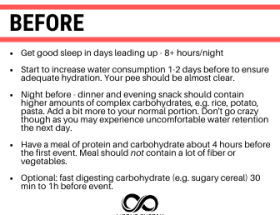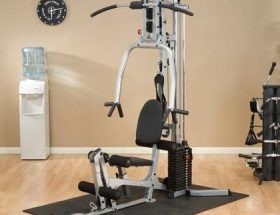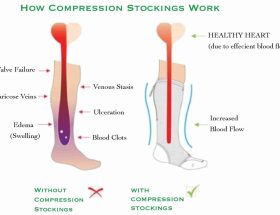Strength training is not just for adults. Teens and kids can also benefit greatly from incorporating bodyweight exercises into their fitness routines. Bodyweight training allows young individuals to develop strength, improve overall fitness, and enhance athletic performance. It is a safe and effective way for teens and kids to build strong muscles without the potential risks associated with heavy weights.
The Benefits of Bodyweight Strength Training
1. Improved Overall Strength and Fitness:
Bodyweight exercises such as push-ups, squats, and lunges, among others, engage multiple muscle groups, promoting overall strength and fitness. Through consistent training, teens and kids can develop a strong and healthy musculoskeletal system, which lays a solid foundation for their future fitness endeavors.
2. Enhanced Athletic Performance:
Bodyweight training helps teens and kids improve their coordination, balance, and agility, which are essential skills for participating in sports. By focusing on bodyweight exercises that mimic the movements required in specific sports, young athletes can gain a competitive edge and prevent injuries.
3. Increased Bone Density:
Resistance exercises, even in the form of bodyweight training, stimulate bone growth and strengthen bones, reducing the risk of osteoporosis later in life. This is particularly important for teens and kids as their bodies are still growing and developing.
4. Boosted Confidence and Self-esteem:
As teens and kids gradually gain strength and notice improvements in their physical abilities, their confidence and self-esteem receive a significant boost. This can have a positive impact on various aspects of their lives, including academics, social interactions, and overall well-being.
Safety Guidelines
1. Warm-up and Cool-down:
Prior to starting any bodyweight workout, it is crucial for teens and kids to warm-up their muscles and prepare their bodies for exercise. This can be achieved through light aerobic activities, such as jogging or jumping jacks. Similarly, cooling down with stretching exercises after the workout helps prevent muscle soreness and improve flexibility.
2. Proper Form and Technique:
Emphasize the importance of maintaining proper form and technique throughout each exercise. This reduces the risk of injury and ensures that the targeted muscles are effectively engaged. It may be helpful for teens and kids to start practicing bodyweight exercises under the guidance of a qualified fitness professional to learn correct form and technique.
3. Age and Skill Appropriateness:
Choose exercises that are suitable for the age and skill level of the individual. Begin with basic movements and gradually progress to more advanced exercises as strength and proficiency increase. It is essential to listen to the body and avoid pushing too hard, especially during periods of growth and development.
4. Use Appropriate Surfaces:
Always perform bodyweight exercises on surfaces that provide adequate support and cushioning to reduce the risk of injuries. Exercise mats or carpeted areas are recommended for indoor training, while grass or track surfaces are ideal for outdoor workouts.
Examples of Bodyweight Exercises for Teens and Kids
1. Push-ups:
Begin with kneeling push-ups or wall push-ups and progress to performing full push-ups on the toes as strength improves.
2. Squats:
Start with bodyweight squats and increase difficulty by performing jump squats or pistol squats.
3. Lunges:
Master forward and backward lunges before progressing to lateral lunges or jump lunges.
4. Planks:
Hold basic plank positions for a set duration and advance to side planks or plank variations such as mountain climbers.
It is important to note that these exercises are just a few examples, and there are many other bodyweight exercises that can be incorporated into a teen or kid’s strength training routine.
Conclusion
Bodyweight strength training offers numerous benefits for teens and kids. It helps build strength, improve overall fitness, enhance athletic performance, and increase bone density. By following safety guidelines and starting with age and skill-appropriate exercises, young individuals can enjoy the rewards of bodyweight training while minimizing the risk of injury. Incorporating bodyweight exercises into their fitness routines empowers teens and kids to lead a healthy, active lifestyle and sets a solid foundation for lifelong fitness habits.








